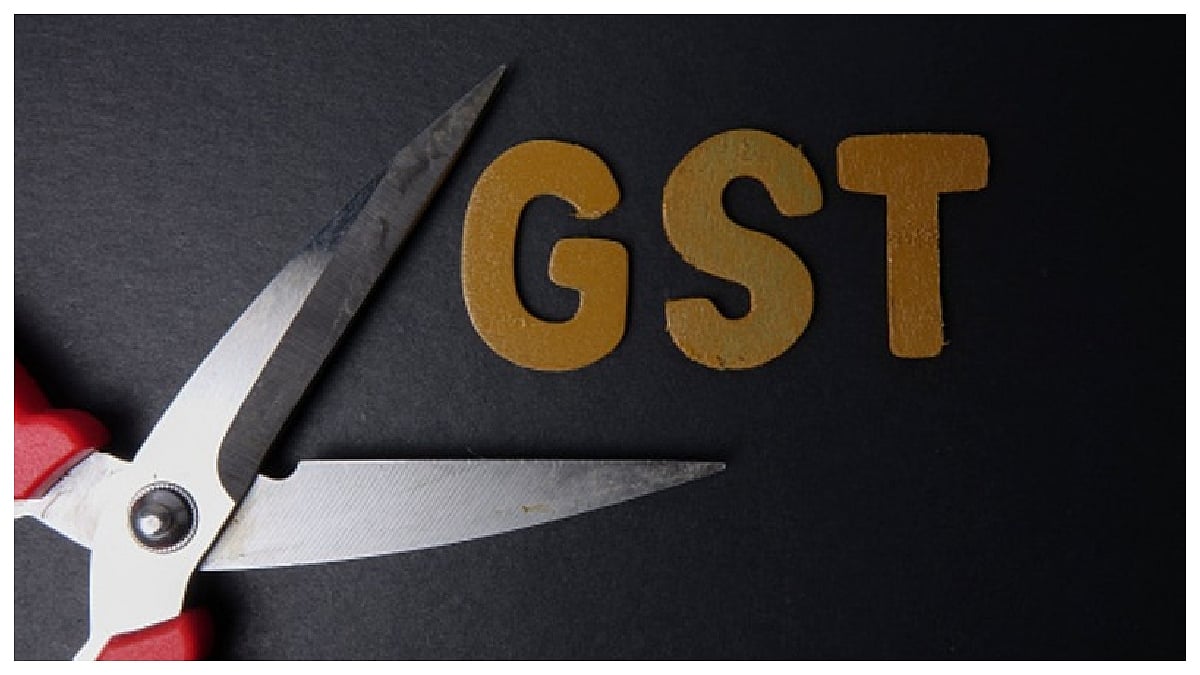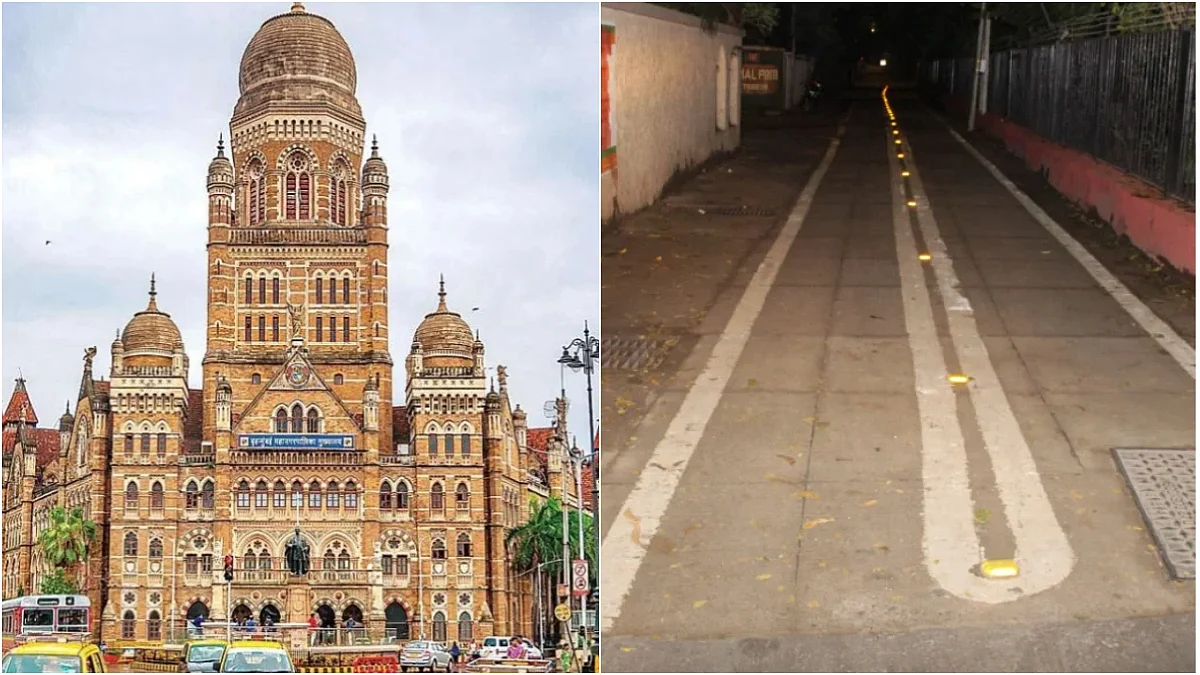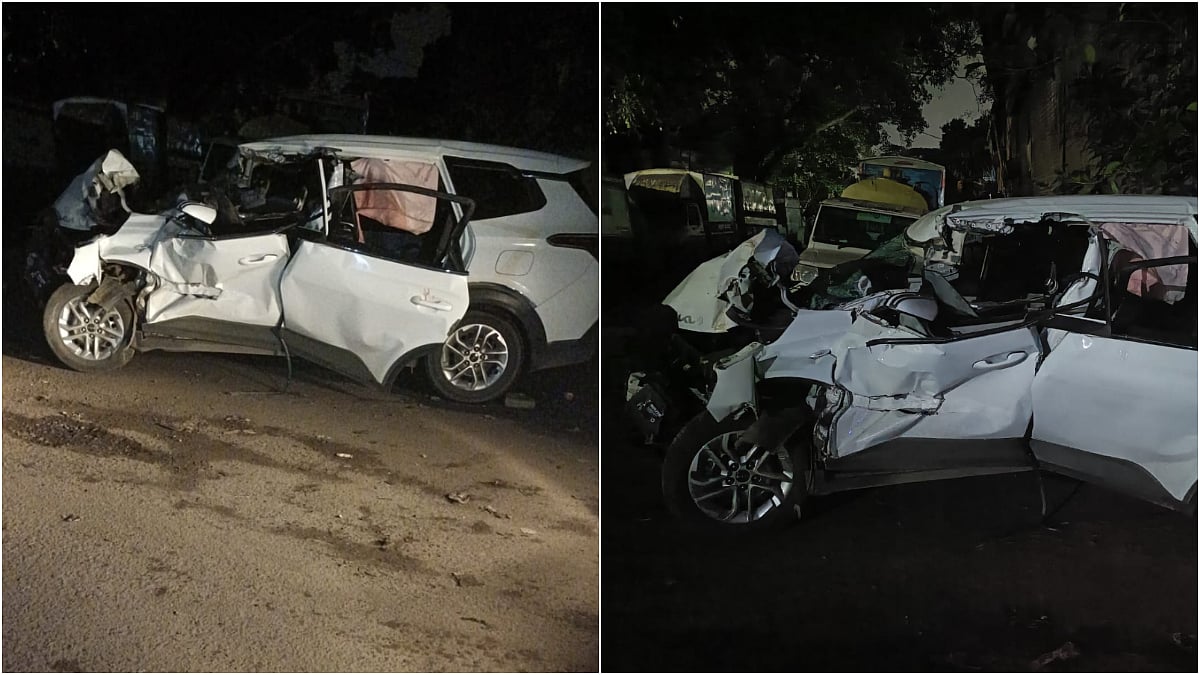A gathering of experts and activists at the Press Club on Friday voiced strong concerns over the current state of the Brihanmumbai Electric Supply and Transport (BEST) bus service. The event, organized by Aamchi Mumbai Aamchi BEST (AMAB), highlighted critical issues stemming from the privatization of Mumbai’s iconic bus system, which experts argue has led to worsening service quality and exploitation of workers.
Murzban Shroff, Dr. Amar Jesani, and Ranga Satavse, key speakers at the event, condemned the current wet-lease system for operating the city's buses. The system, which involves private contractors leasing buses to the BEST, has resulted in a severe decline in the fleet’s quality and availability, the speakers said.
To address the ongoing crisis, AMAB has called for urgent reforms, including, subsidizing and fully operating BEST as part of the BMC (Brihanmumbai Municipal Corporation) budget, restoring BEST to a fully public fleet, ending the wet-lease system.Resuming discontinued bus routes to restore comprehensive city coverage, increasing the number of buses to at least 6,000.Introducing bus priority lanes on all major routes to ensure timely service, immediate halt to the monetization of BEST depots, which are crucial for bus parking.

“Mumbai needs at least 6,000 buses to serve its growing population,” said an active member of AMAB. “Currently, the number of buses is down to about 3,000, including wet-lease vehicles. In 2007, we had nearly 4,600 buses. To operate more buses, we need parking spaces, which means the monetization of BEST depots must stop immediately.”
The focus of the gathering was the mounting problems faced by BEST, including bus breakdowns, poor maintenance, disgruntled workers, and a growing public outcry over the decline in service quality. According to AMAB, the privatization model has failed to deliver on its promises of cost efficiency and improved service, with private contractors reportedly cutting corners to maximize profits.
Ranga Satavse, representing the BEST workers’ union, highlighted how the introduction of the wet-lease system has worsened conditions. “The mounting deficits, breakdowns, and worker dissatisfaction are all direct consequences of this piecemeal privatization,” he said. “We had warned about these issues from the outset, and sadly, our predictions have come true.”
Another active member of AMAB and retired employee of BEST said "The wet-lease system has led to overworked, underpaid workers and buses that are poorly maintained," he said. "This impacts both the workers' well-being and the commuters’ experience, especially in suburbs ."
An AMAB survey of 100 contractor workers in 2022 revealed widespread exploitation under the wet-lease system, with many workers reporting irregular pay and poor working conditions. The survey also highlighted growing inequality in the quality of bus services, with Mumbai city enjoying better service compared to working-class areas of its suburbs.
According to AMAB, privatization of BEST is seen by many as part of a broader ideological commitment to privatize public services, despite the clear failure of the model. Critics argue that privatization has primarily benefited private firms, while undermining public interest and the quality of service provided to the city's residents.
AMAB members also discussed the financial implications of the ongoing privatization process. "The goal is clear," said one AMAB member, "the authorities are keen on downsizing the public sector workforce and monetizing valuable land holdings for private developers. This is not about efficiency, it’s about profit."

The speakers stressed that public transport like buses provides essential benefits to the city, from reducing pollution to improving economic efficiency and offering affordable travel for low-income citizens. "Public bus services, unlike private cars, deliver broad societal benefits, and these services must be publicly funded," emphasized an AMAB member.
In last ,the group again called on the authorities to rethink the privatization strategy and invest in revitalising Mumbai’s public transport system for the benefit of all its citizens. "The future of Mumbai’s public transport must be based on ridership, quality, and service coverage, not privatization for profit,"said Ranga Satavse.










